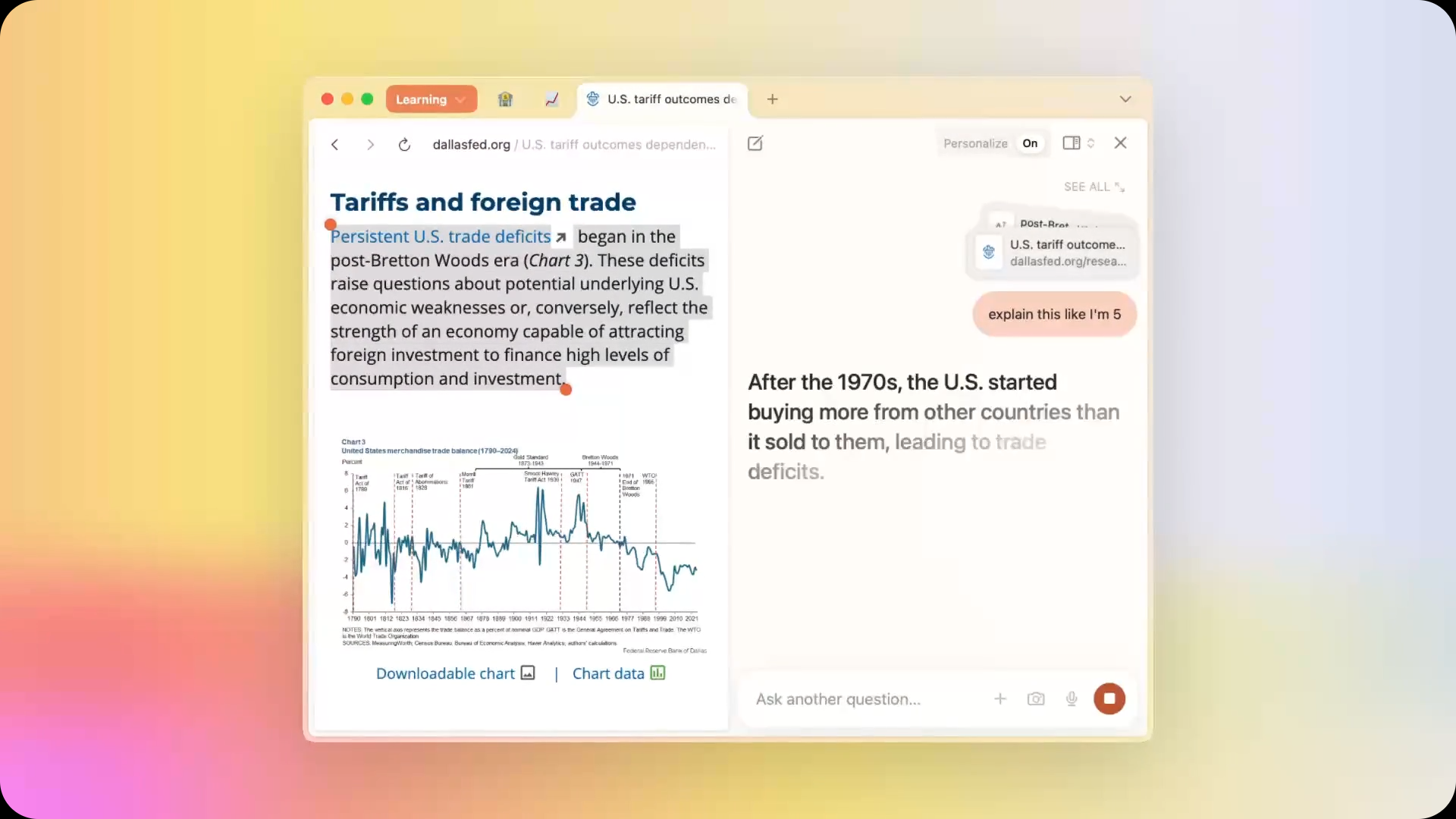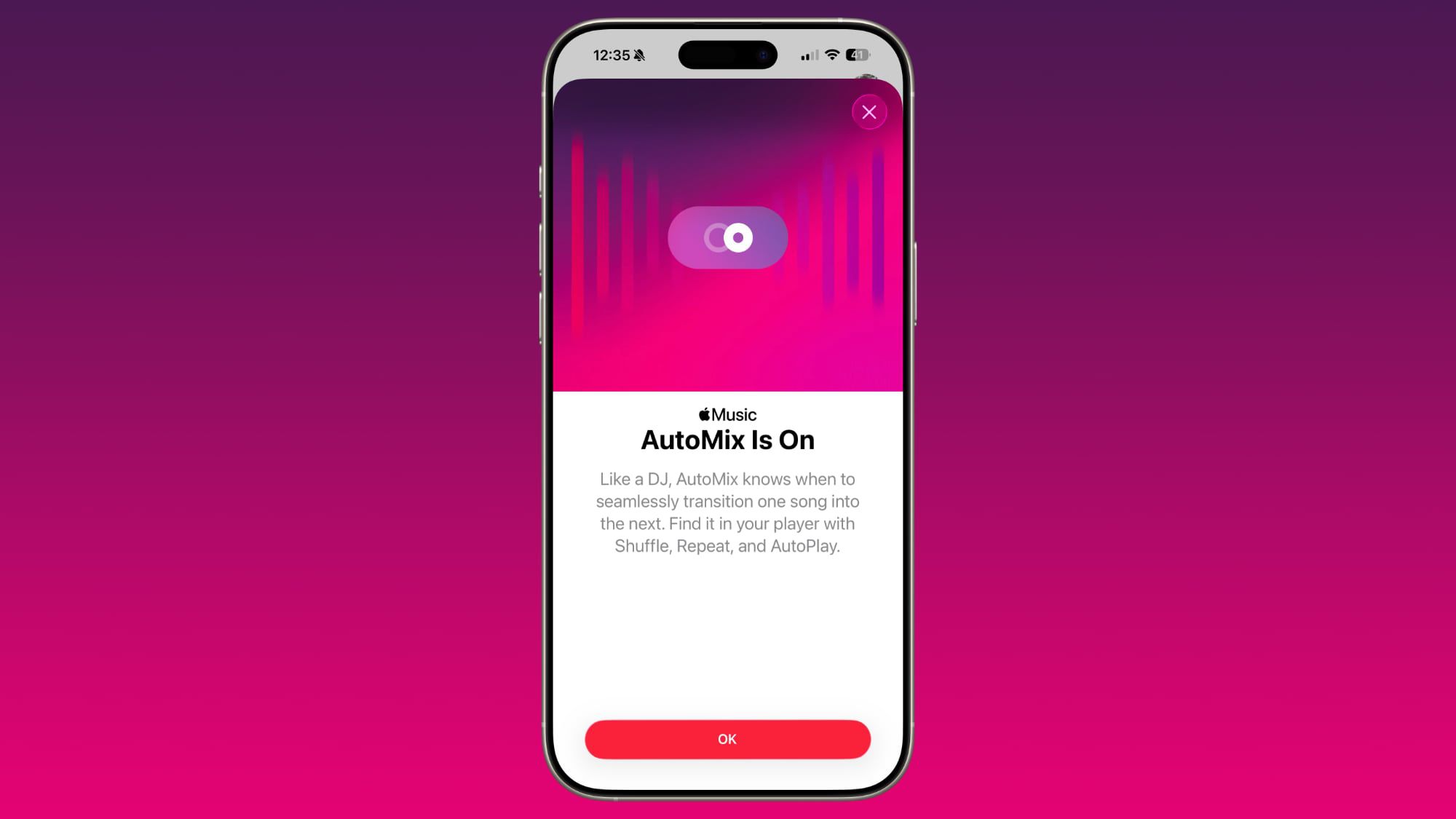The Download: AI agents’ autonomy, and sodium-based batteries
This is today’s edition of The Download, our weekday newsletter that provides a daily dose of what’s going on in the world of technology. Are we ready to hand AI agents the keys? In recent months, a new class of agents has arrived on the scene: ones built using large language models. Any action that can be…

This is today’s edition of The Download, our weekday newsletter that provides a daily dose of what’s going on in the world of technology.
Are we ready to hand AI agents the keys?
In recent months, a new class of agents has arrived on the scene: ones built using large language models. Any action that can be captured by text—from playing a video game using written commands to running a social media account—is potentially within the purview of this type of system.
LLM agents don’t have much of a track record yet, but to hear CEOs tell it, they will transform the economy—and soon. Despite that, like chatbot LLMs, agents can be chaotic and unpredictable. Here’s what could happen as we try to integrate them into everything.
—Grace Huckins
This story is from the next print edition of MIT Technology Review, which explores power—who has it, and who wants it. It’s set to go live on Wednesday June 25, so subscribe & save 25% to read it and get a copy of the issue when it lands!
These new batteries are finding a niche
Lithium-ion batteries have some emerging competition: Sodium-based alternatives.
Sodium is more abundant on Earth than lithium, and batteries that use the material could be cheaper in the future. Building a new battery chemistry is difficult, mostly because lithium is so entrenched. But, as I’ve noted before, this new technology has some advantages in nooks and crannies.
I’ve been following sodium-ion batteries for a few years, and we’re starting to see the chemistry make progress. Let’s talk about what’s new for sodium batteries, and what it’ll take for them to really break out.
—Casey Crownhart
This article is from The Spark, MIT Technology Review’s weekly climate newsletter. To receive it in your inbox every Wednesday, sign up here.
The must-reads
I’ve combed the internet to find you today’s most fun/important/scary/fascinating stories about technology.
1 Disney and Universal are suing Midjourney
The movie companies allege that its software “blatantly” copies their characters. (NYT $)
+ They argue its tools facilitate personalized AI slop of their IP. (Hollywood Reporter $)
+ Midjourney’s forthcoming video generator is a particular point of concern. (The Verge)
2 Microsoft is reportedly preparing an AI tool for the Pentagon
It’s working on a version of Copilot for more than one million licenses. (Insider $)
+ The Pentagon is gutting the team that tests AI and weapons systems. (MIT Technology Review)
3 The US is rolling back emissions standards for power plants
Even though power stations are its second-largest source of CO2 emissions. (Wired $)
+ It’s the Trump administration’s biggest reversal of green policies yet. (FT $)
+ The repeals could affect public health across the nation. (CNN)
+ Interest in nuclear power is surging. Is it enough to build new reactors? (MIT Technology Review)
4 A new kind of AI bot is scraping the web
Retrieval bots crawl websites for up-to-date information to supplement AI models. (WP $)
5 Nvidia’s new AI model simulates the world’s climate
Researchers may be able to predict weather conditions decades into the future. (WSJ $)
+ AI is changing how we predict the weather. (MIT Technology Review)
6 China is demanding sensitive information to secure rare earths
Companies fear their trade secrets could end up exposed. (FT $)
+ This rare earth metal shows us the future of our planet’s resources. (MIT Technology Review)
7 What Vietnam stands to lose in Trump’s trade war
The country, which has transformed into an industrial hub, is waiting for the 46% tariffs to hit. (Bloomberg $)
8 AI is helping pharmacists to process prescriptions in the remote Amazon
Its success could lead to wider adoption in under-resourced countries. (Rest of World)
9 How to save an age-damaged oil painting  Read More
Read More





















































































































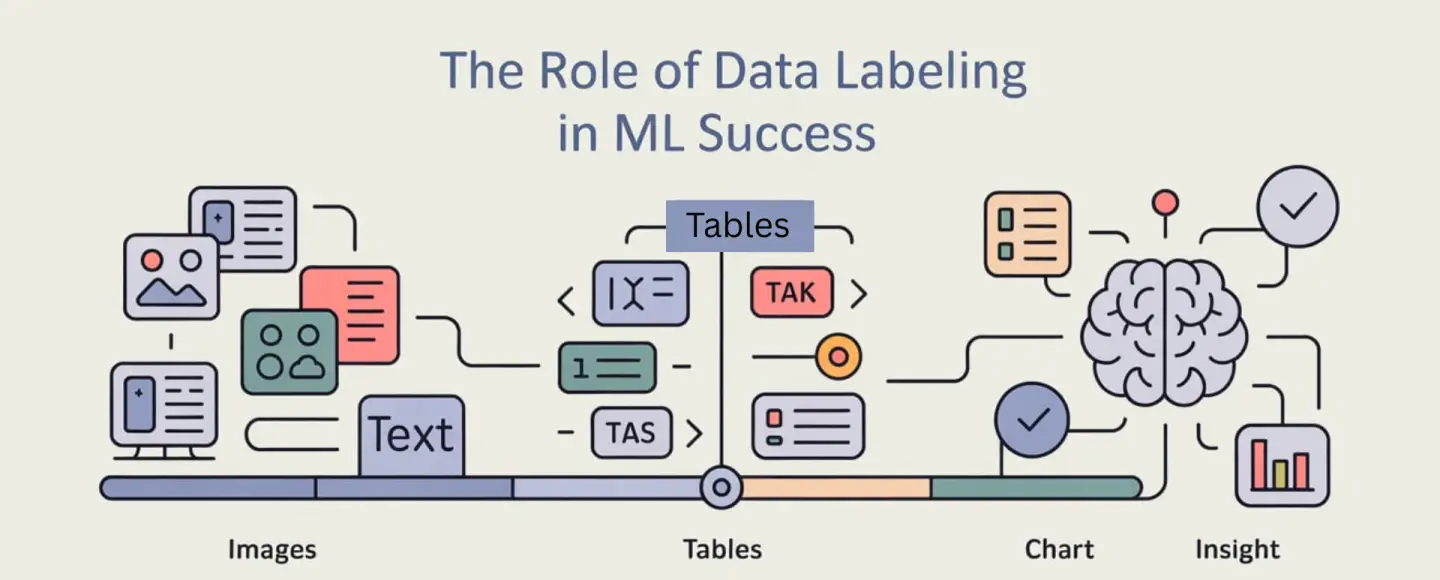
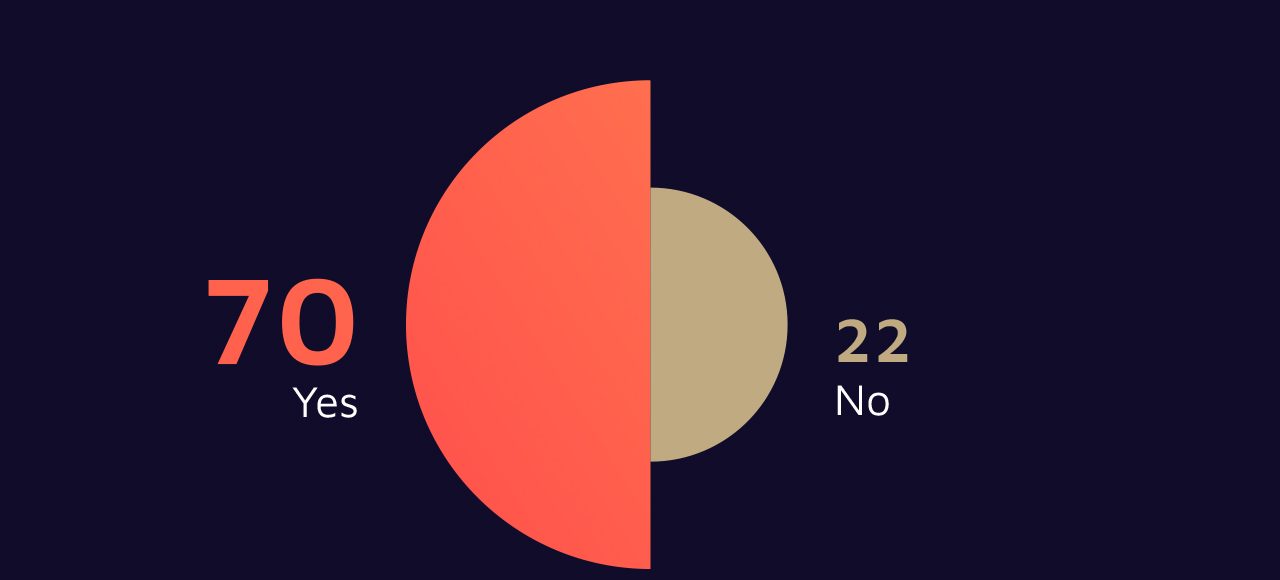
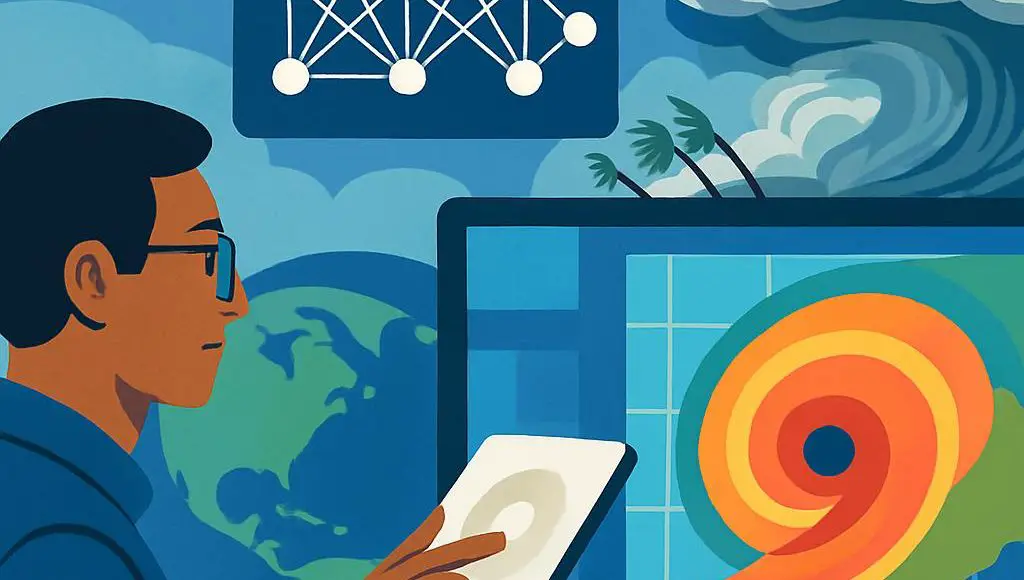
























































![[The AI Show Episode 152]: ChatGPT Connectors, AI-Human Relationships, New AI Job Data, OpenAI Court-Ordered to Keep ChatGPT Logs & WPP’s Large Marketing Model](https://www.marketingaiinstitute.com/hubfs/ep%20152%20cover.png)





















































































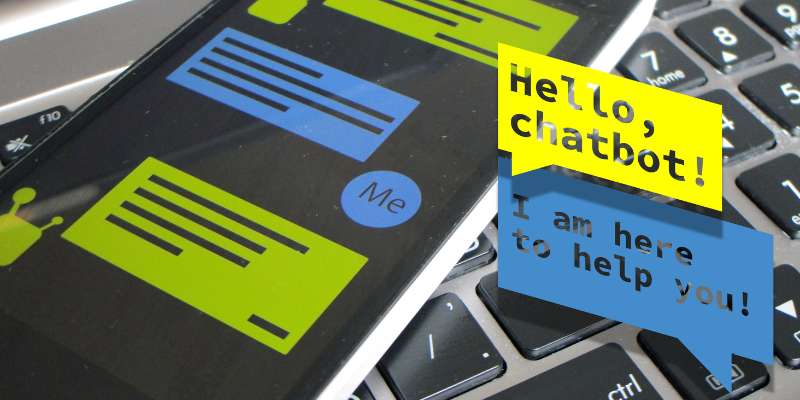










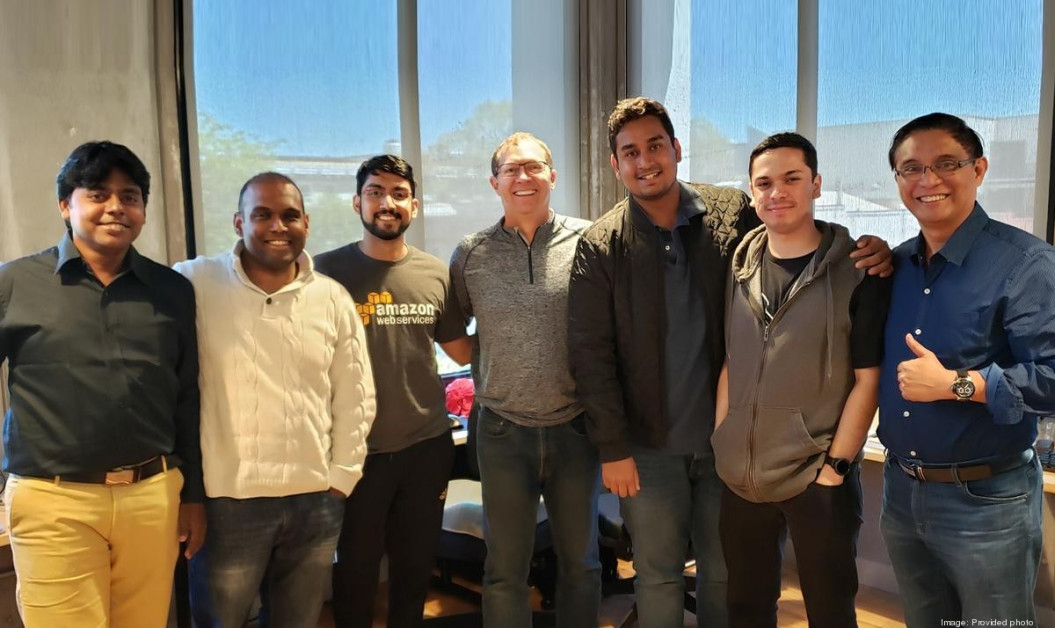





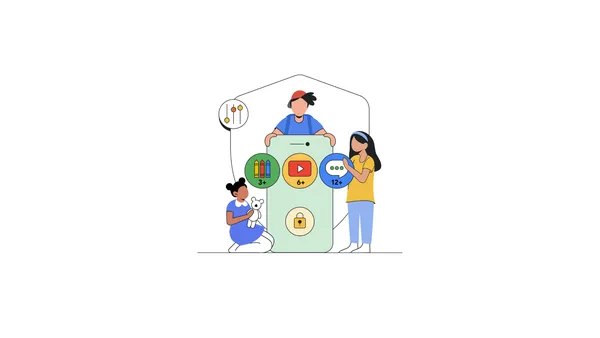
























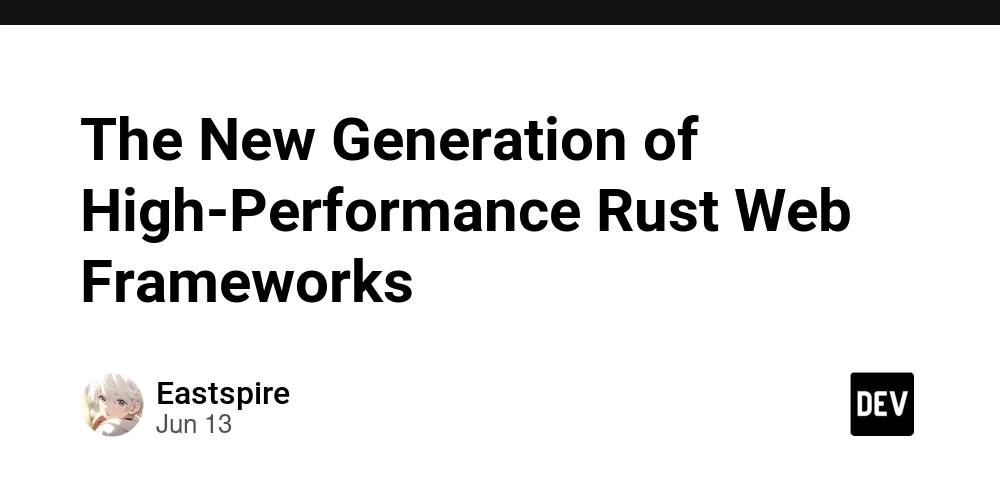
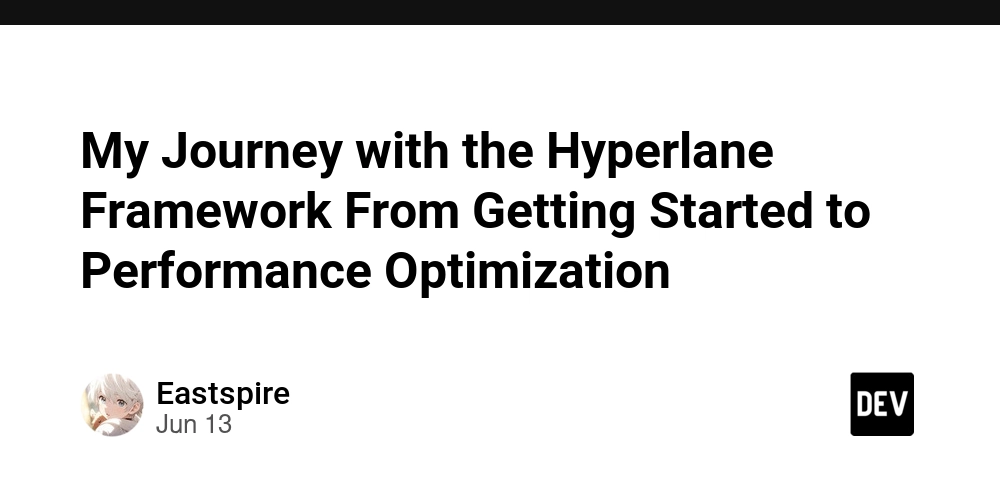










































.jpg?width=1920&height=1920&fit=bounds&quality=70&format=jpg&auto=webp#)










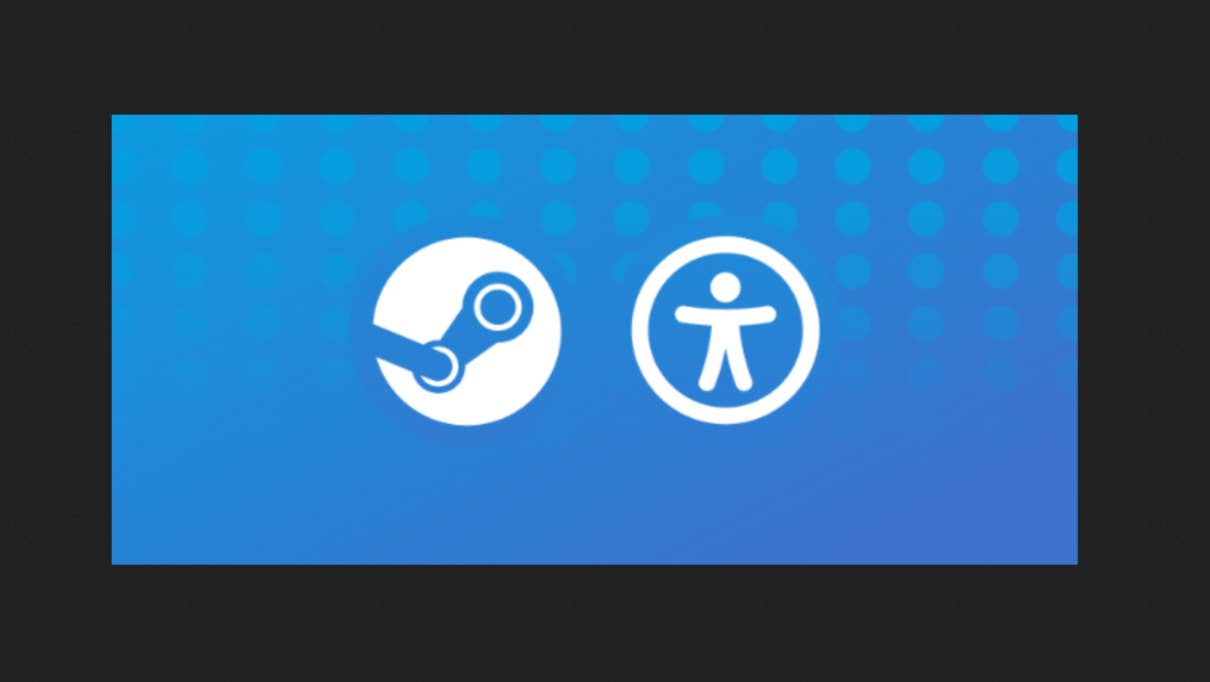




















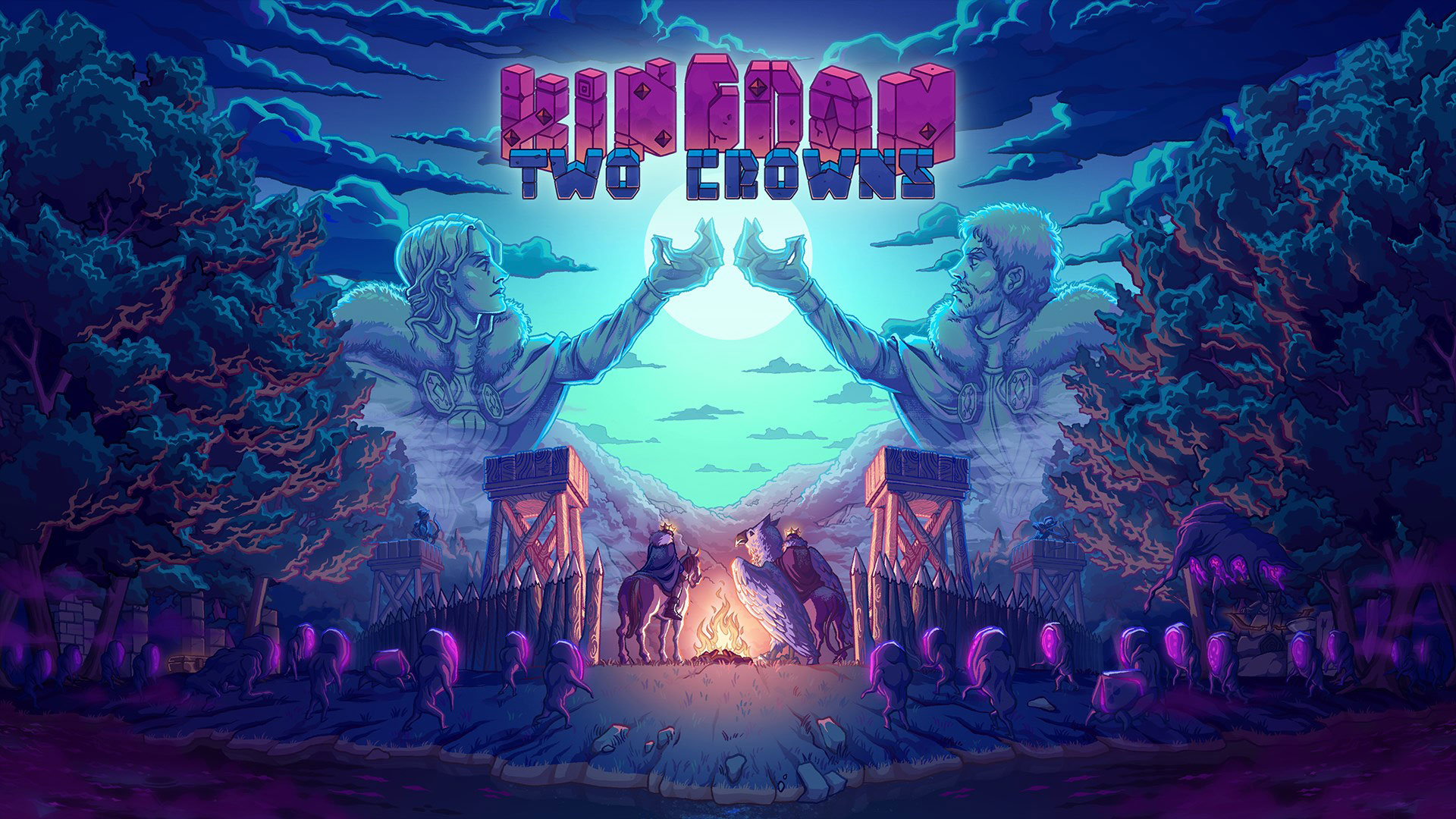

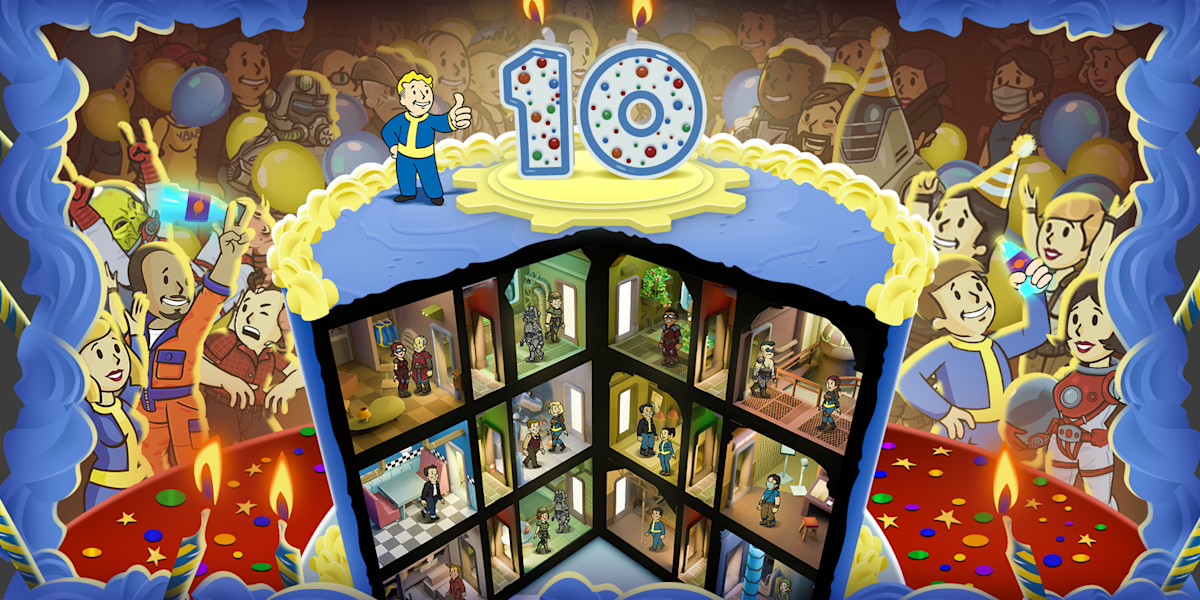


























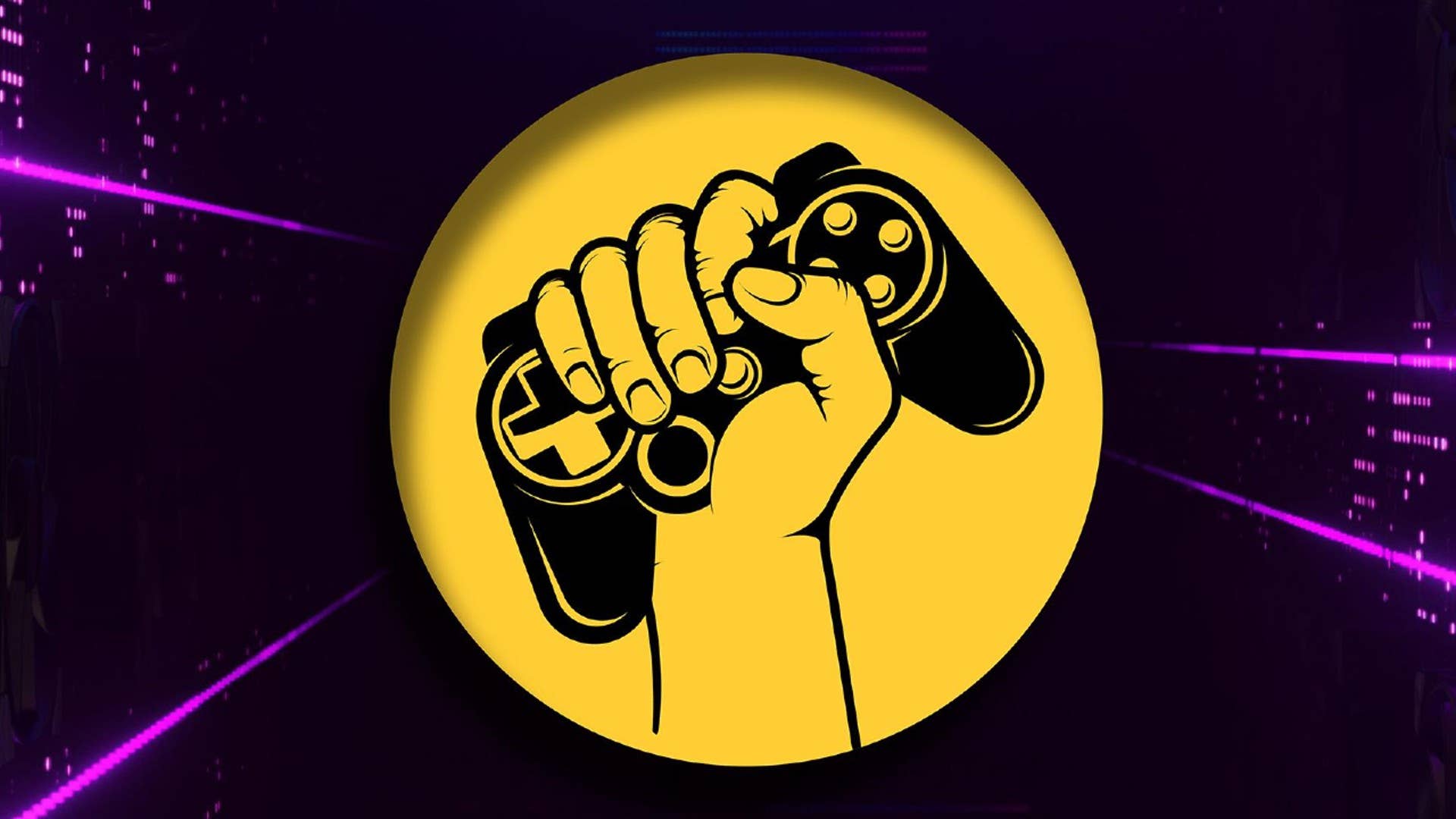


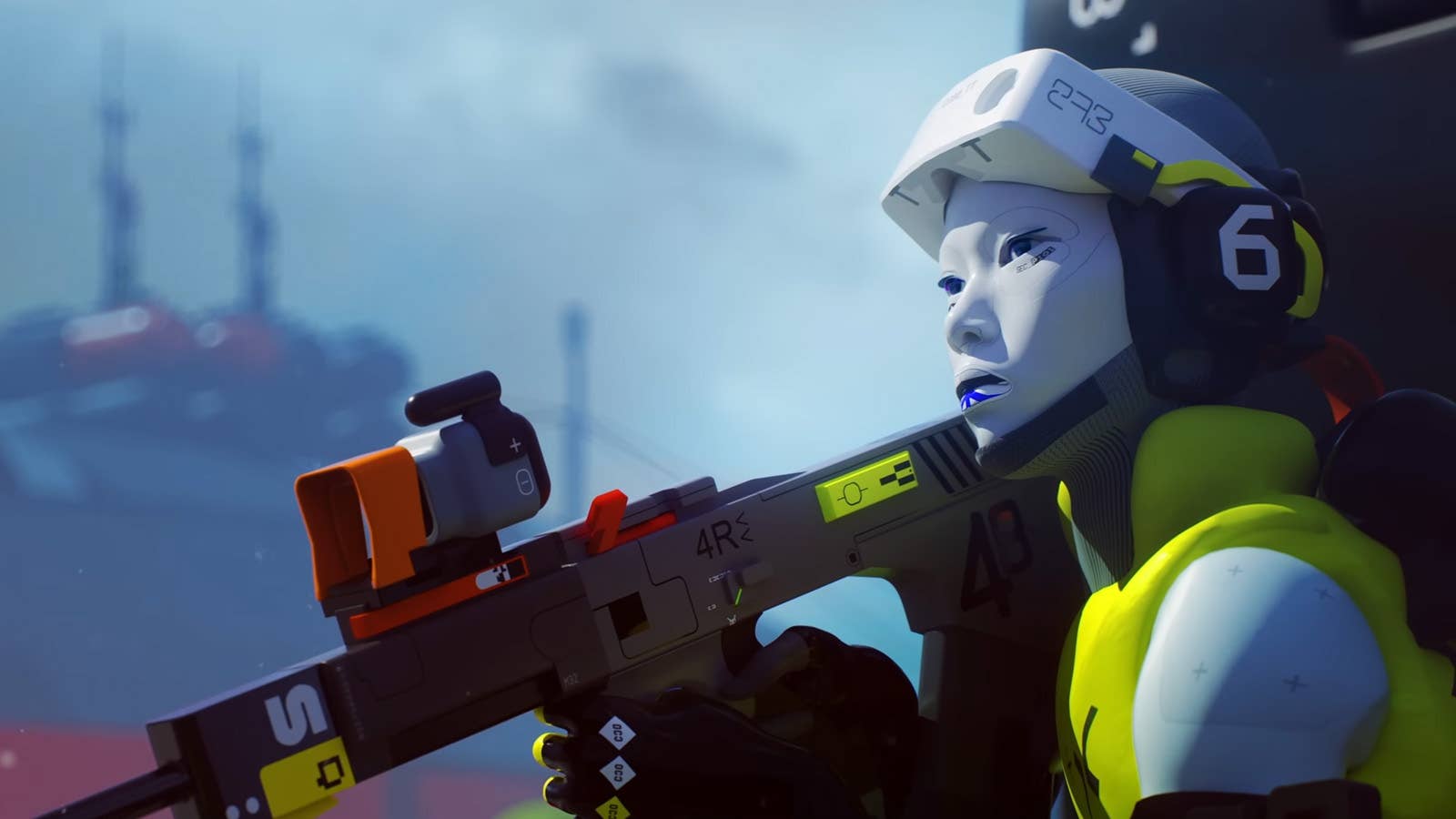







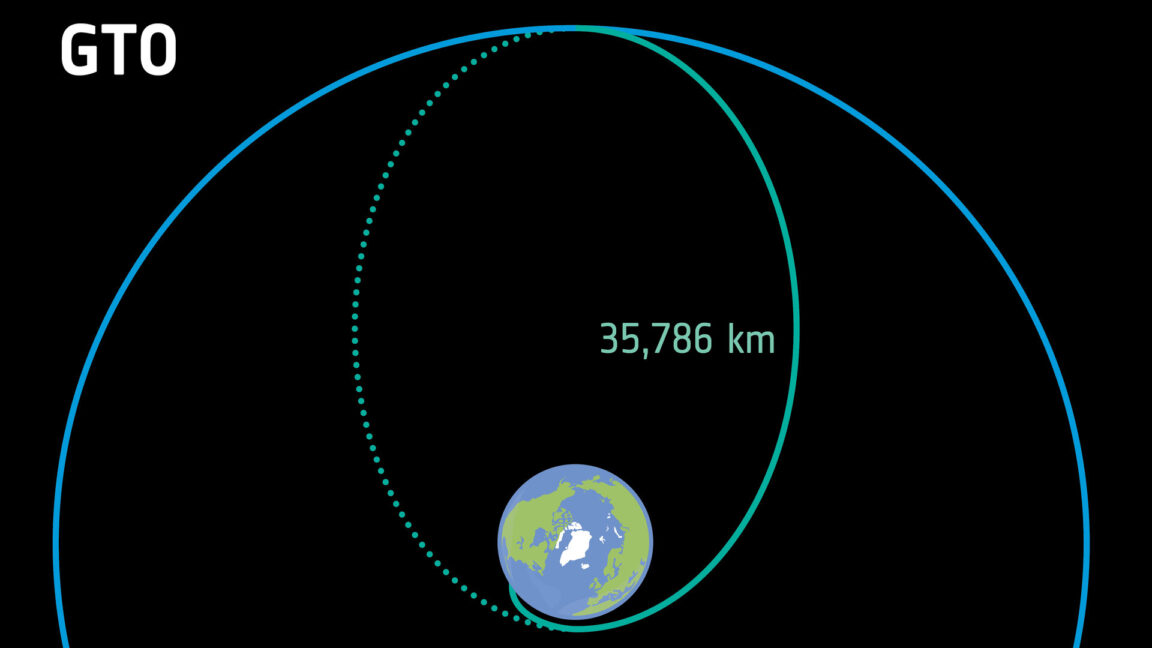
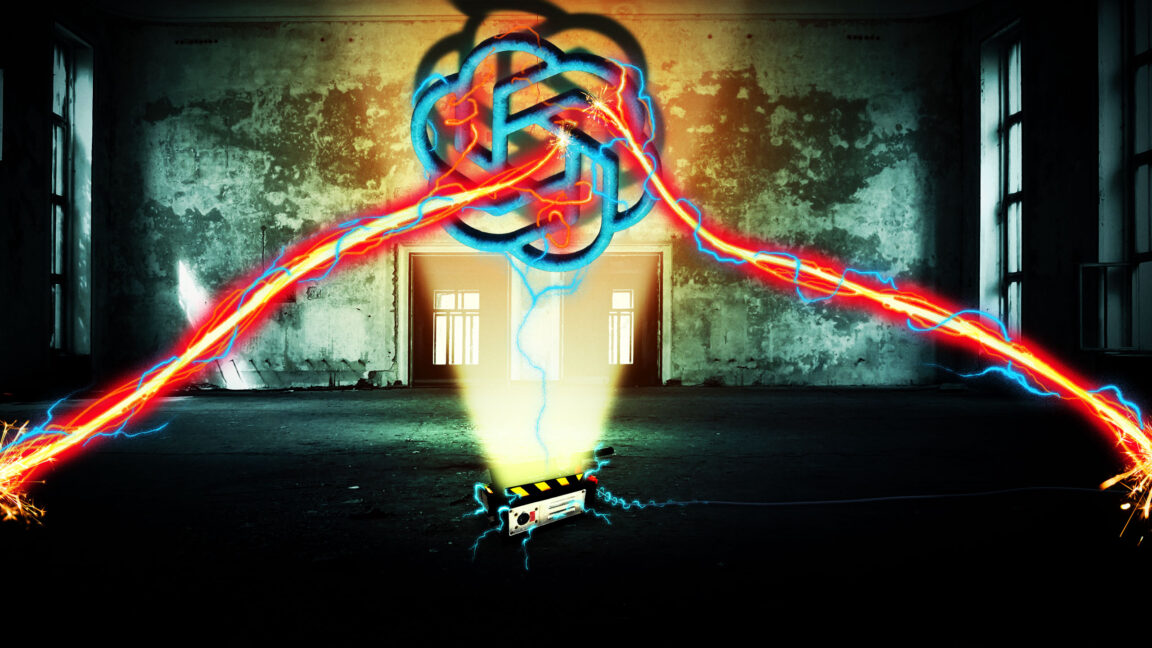

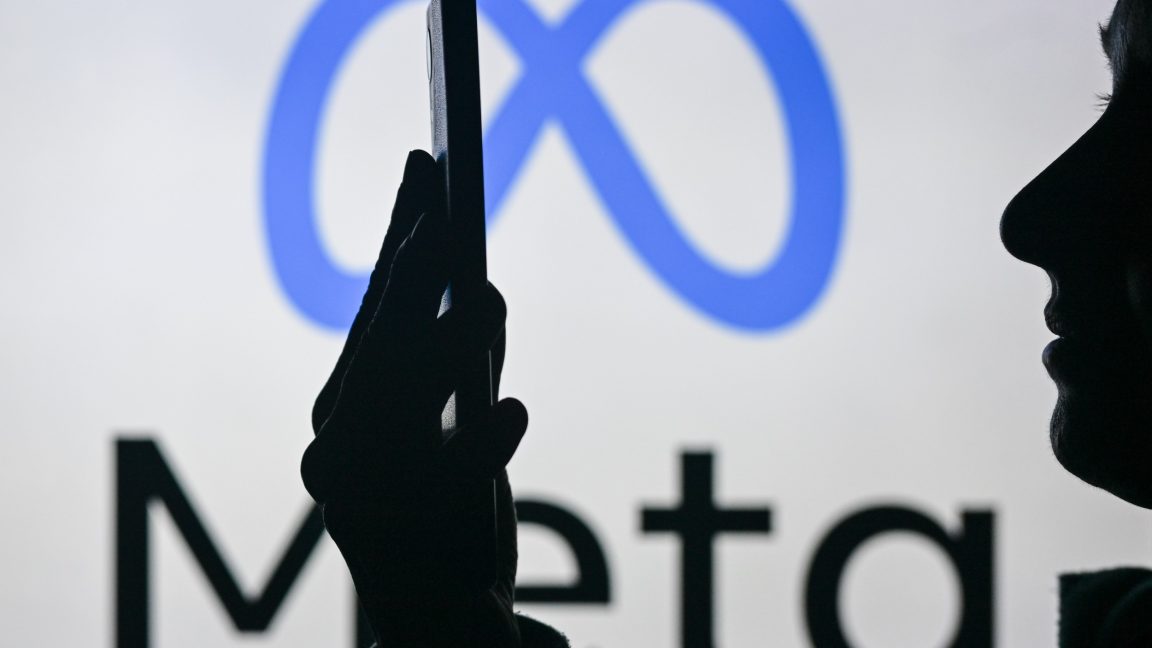









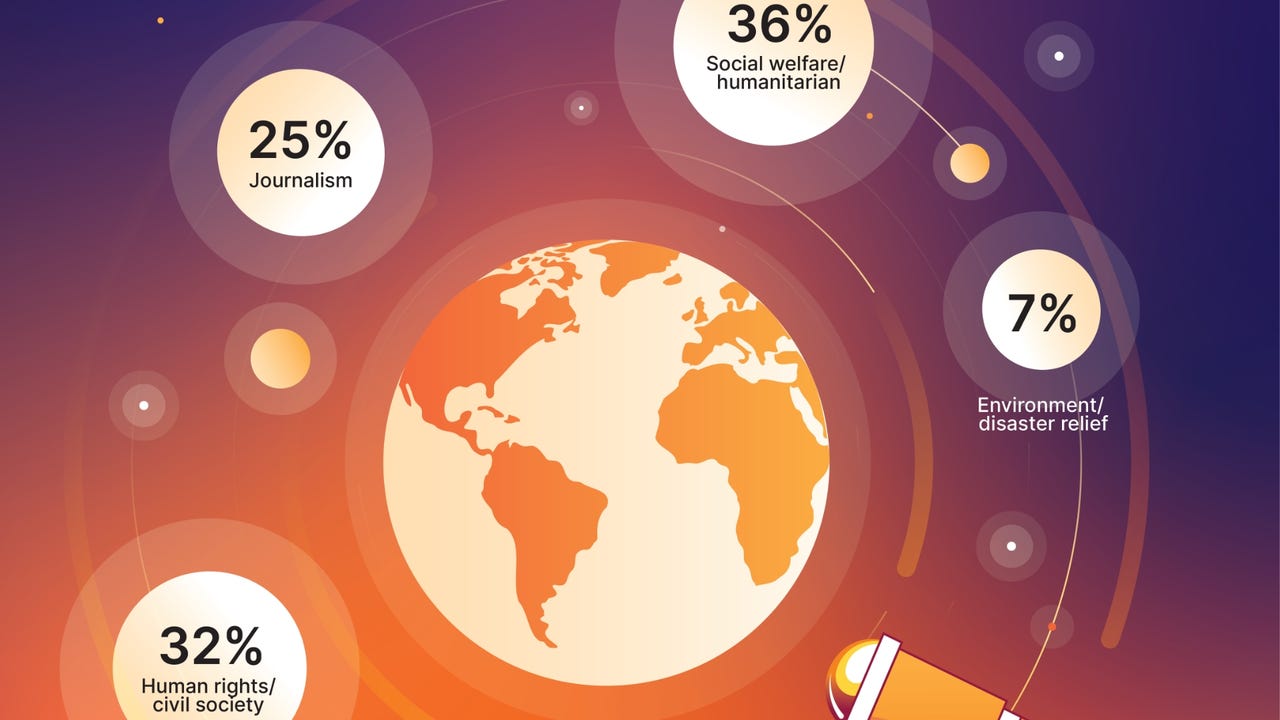
_designer491_Alamy.jpg?width=1280&auto=webp&quality=80&disable=upscale#)
















































































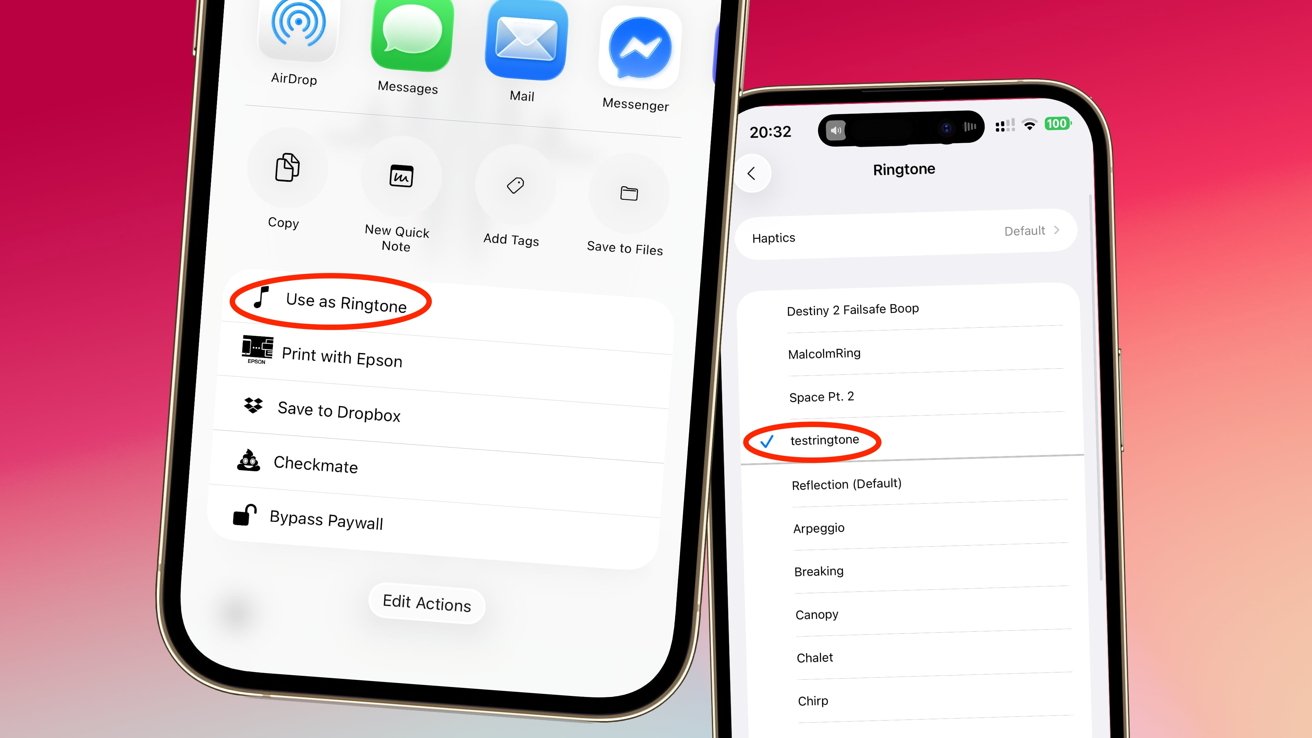
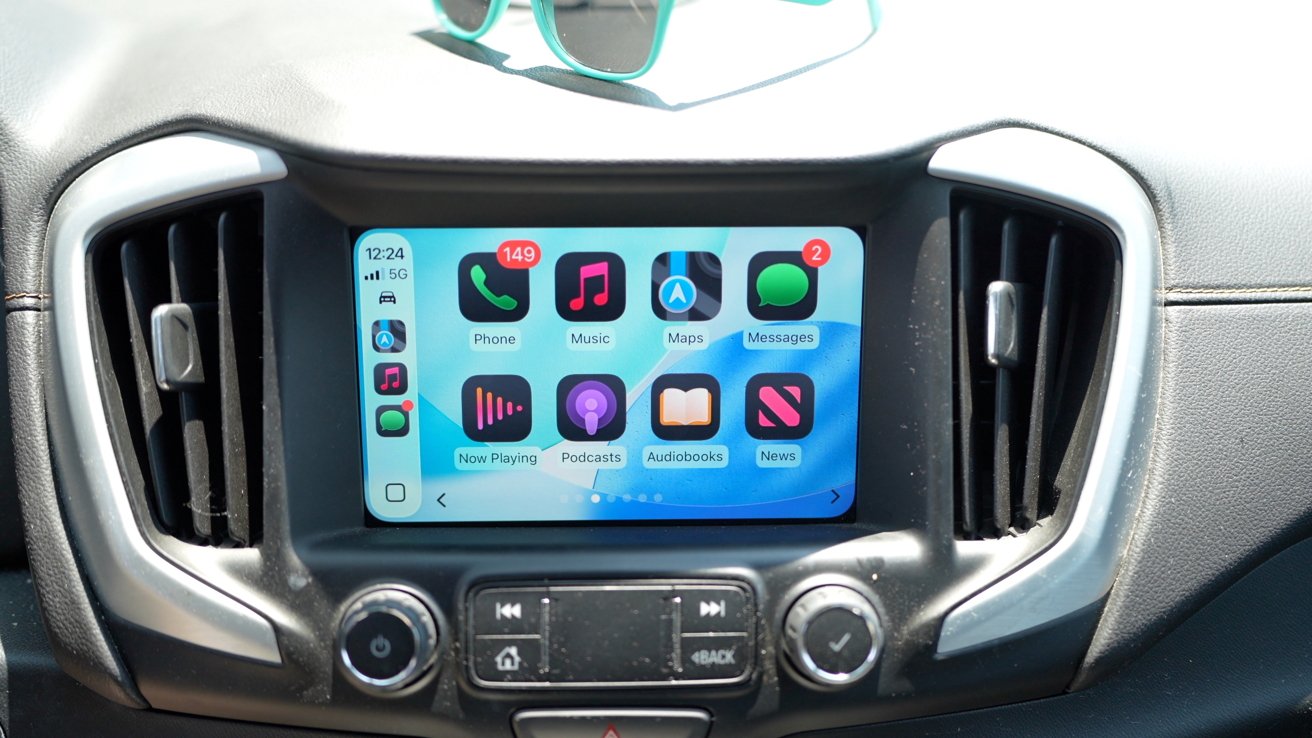


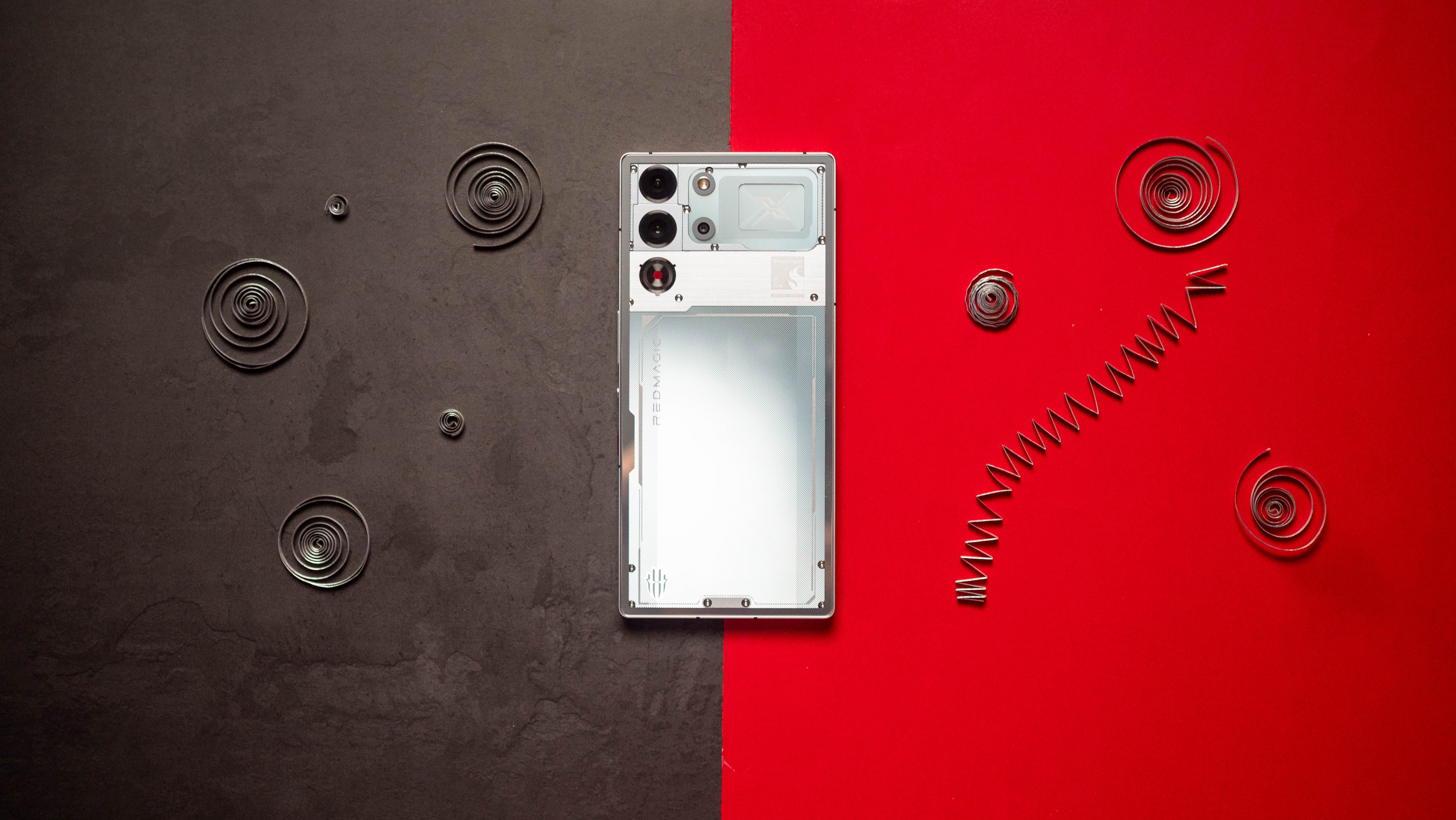





![PSA: Widespread internet outage affects Spotify, Google, Discord, Cloudflare, more [U: Fixed]](https://i0.wp.com/9to5mac.com/wp-content/uploads/sites/6/2024/07/iCloud-Private-Relay-outage-resolved.jpg?resize=1200%2C628&quality=82&strip=all&ssl=1)

















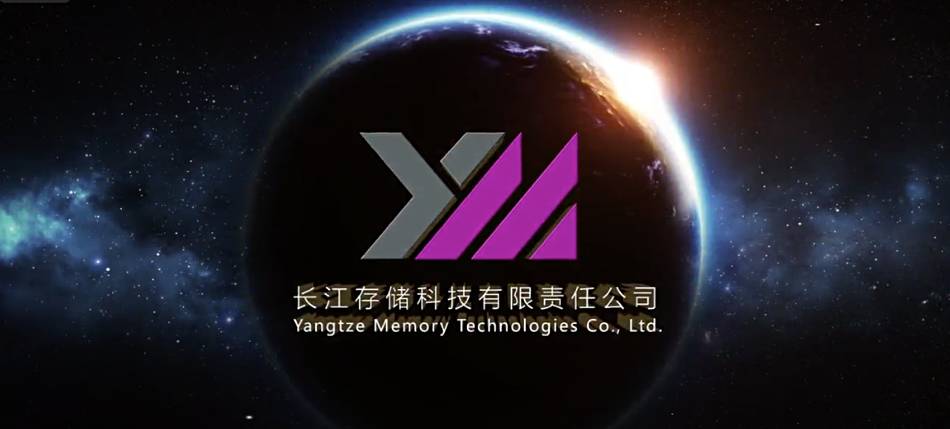



![Apple Shares Teaser Trailer for 'The Lost Bus' Starring Matthew McConaughey [Video]](https://www.iclarified.com/images/news/97582/97582/97582-640.jpg)


















